|
There’s evidence to suggest that some African countries - among them Ethiopia and The Gambia - are taking big strides towards political liberalisation. But, warn Peter Penar and Carolyn Logan, new research shines a light on “creeping restrictions” in several African countries and a general trend on the continent toward authoritarian behaviour.
Most Central American women asylum seekers experience trauma, abuse and violence before they cross the US border. Laurie C. Heffron shares the stories of women fleeing domestic and gang violence.
|
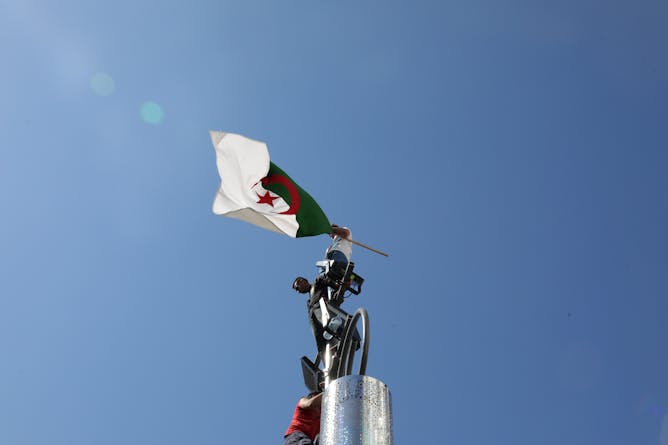
Successful popular protests like this one in Algeria are the exception not the rule.
EPA-EFE/Amel Pain
Peter Penar, Michigan State University; Carolyn Logan, Michigan State University
Government restrictions on individual freedoms in the name of public security is increasing.
|
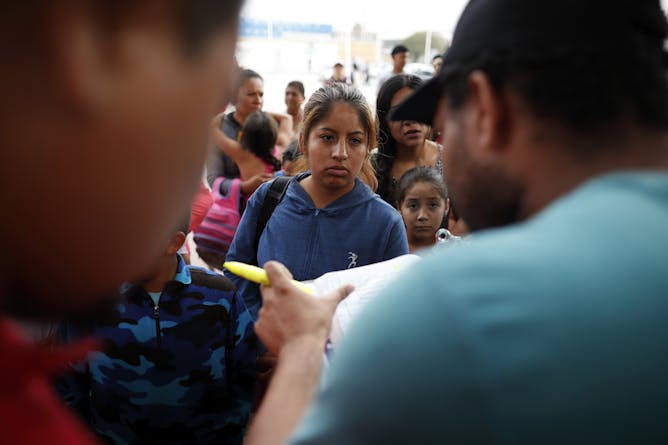
Many of these female asylum-seekers have already been abused before they cross the border.
AP Photo/Gregory Bull
Laurie C. Heffron, St. Edward's University
Reported abuses include serving moldy bread, delaying medical care and subjecting detainees to sexual harassment, sexual assault and bullying.
|
Politics + Society
|

Urmi Sengupta, Queen's University Belfast
Nepal's capital city was devastated by the 2015 earthquake, but rebuilding heritage sites has been fraught with difficulties.
| |

Jonathan Ervine, Bangor University
Stéphanie Frappart's Ligue 1 appointment is well deserved, but the reasoning behind it seems bregruding.
|
|
|
Energy + Environment
|
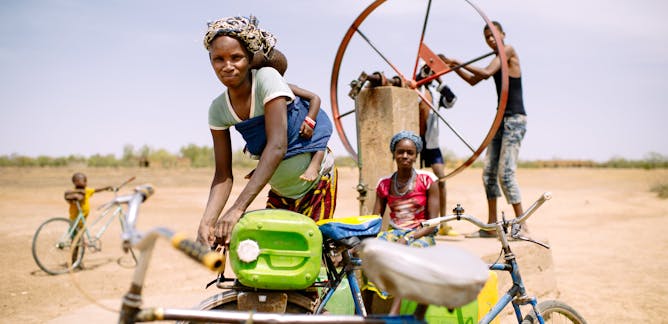
Dalia Saad, University of South Africa
Any policies and interventions around water management can only really be successful if women are included.
| |
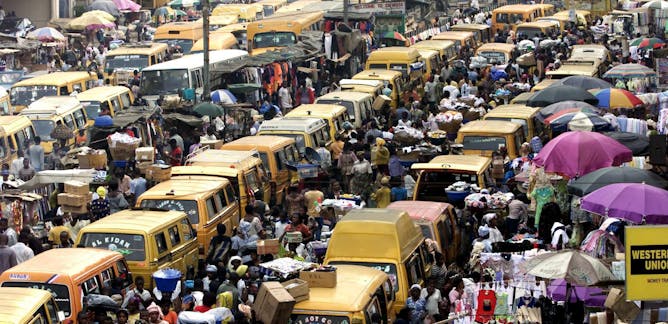
Seth Asare Okyere, Osaka University; Matthew Abunyewah, University of Newcastle; Stephen Kofi Diko, University of Cincinnati
Urban adaptation to climate change is more effective where local citizens participate.
|
|
|
En français
|
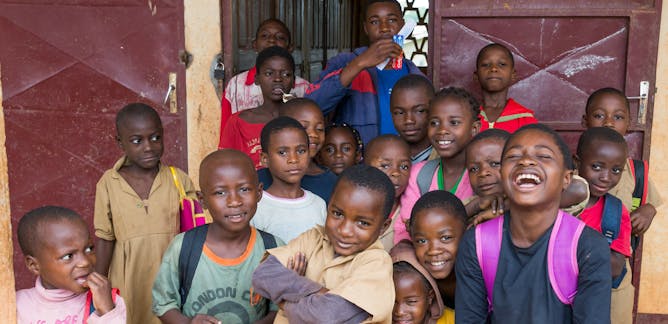
Isabelle Morlais, Institut de recherche pour le développement (IRD)
Ces dernières années, la lutte contre paludisme marque le pas. Un nouveau test permettant la détection précoce de la maladie dans la salive vient raviver l’espoir de faire reculer ce fléau.
| |
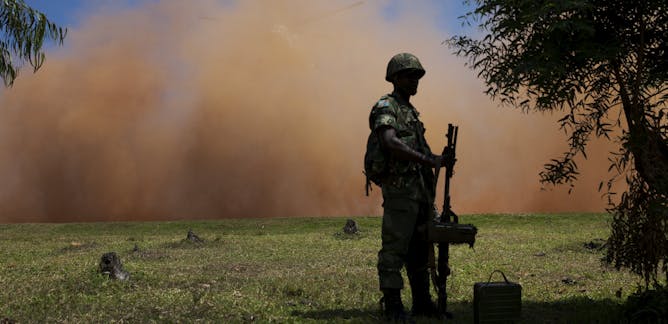
Nicolas Berman, Aix-Marseille Université (AMU)
D’après une étude récente, l’explosion du prix des minerais pourrait expliquer jusqu’à un quart des conflits en Afrique.
|
|
|
En español
|
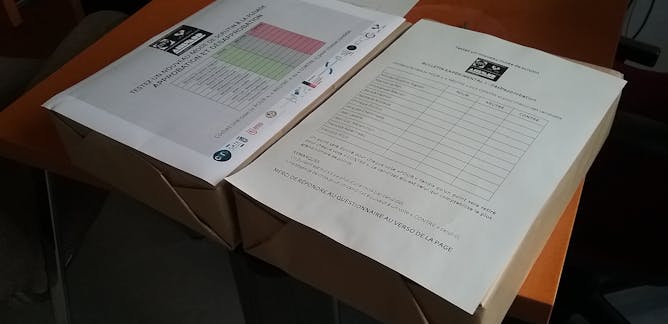
Annick Laruelle, Universidad del País Vasco / Euskal Herriko Unibertsitatea
Las leyes electorales se reforman, pero el modelo de papeletas electorales permanece inalterado. Requieren que el elector vote a favor de un única candidatura. Pero, ¿por qué tenemos solo la posibilidad de votar a favor? ¿Por qué no tenemos opción de votar en contra?
| |

Annick Laruelle, Universidad del País Vasco / Euskal Herriko Unibertsitatea; Aitor Zurimendi Isla, Universidad del País Vasco / Euskal Herriko Unibertsitatea
Reconocer el derecho al voto a los no residentes asegurando a la vez las garantías que tiene todo sufragio es complejo.
Tras la reforma de 2011, la participación bajó del 31,74% al 4,95%.
|
|
|